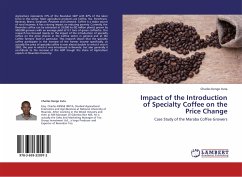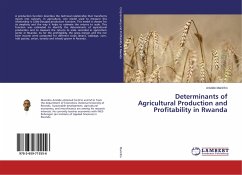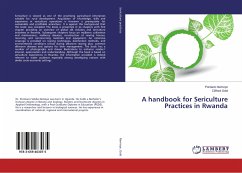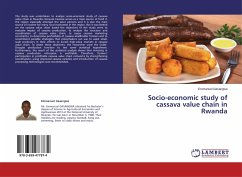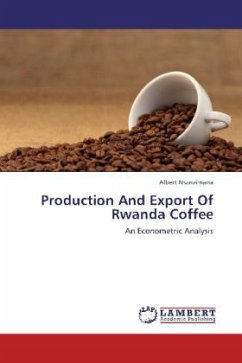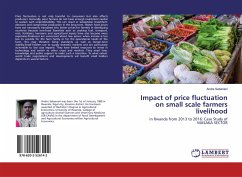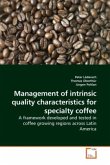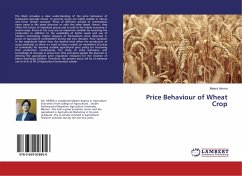Agriculture represents 31% of the Rwandan GDP with 87% of the labor force in this sector. Main agriculture products are Coffee, Tea, Pyrethrum, Bananas, Beans, Sorghum, Potatoes and Livestock. Coffee is a major source of rural incomes; it has a strong impact on reducing poverty. Currently, the Rwandan coffee can be estimated at 33,000 ha (82 million plants) grown by 500,000 growers with an average yield of 0.7 tons of green coffee/ha. Our research has focused mainly on the impact of the introduction of specialty coffee on the price chance in the Coffee sector in general and at the Coffee farmers level in particular. This research shows that the specialty coffee participate in the increase of the farmer income specifically, as actually the price of specialty coffee is now almost double to what it was in 2002, the year in which it was introduced in Rwanda; but also generally it contribute to the increase of the GDP trough the share of Agriculture exports in Rwandan Economy.
Bitte wählen Sie Ihr Anliegen aus.
Rechnungen
Retourenschein anfordern
Bestellstatus
Storno

